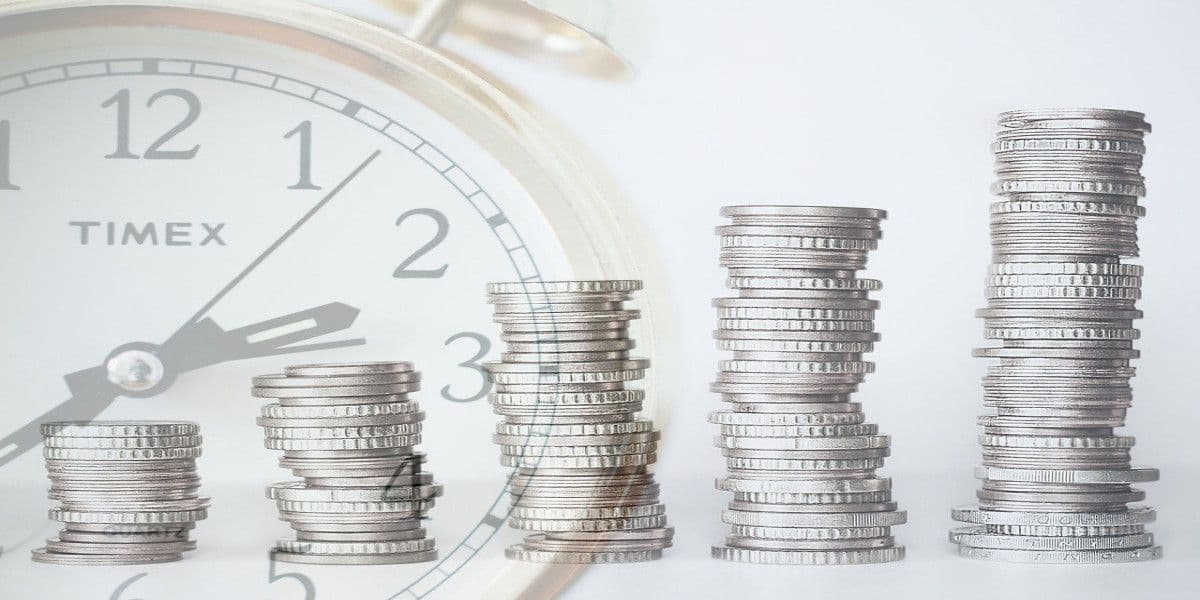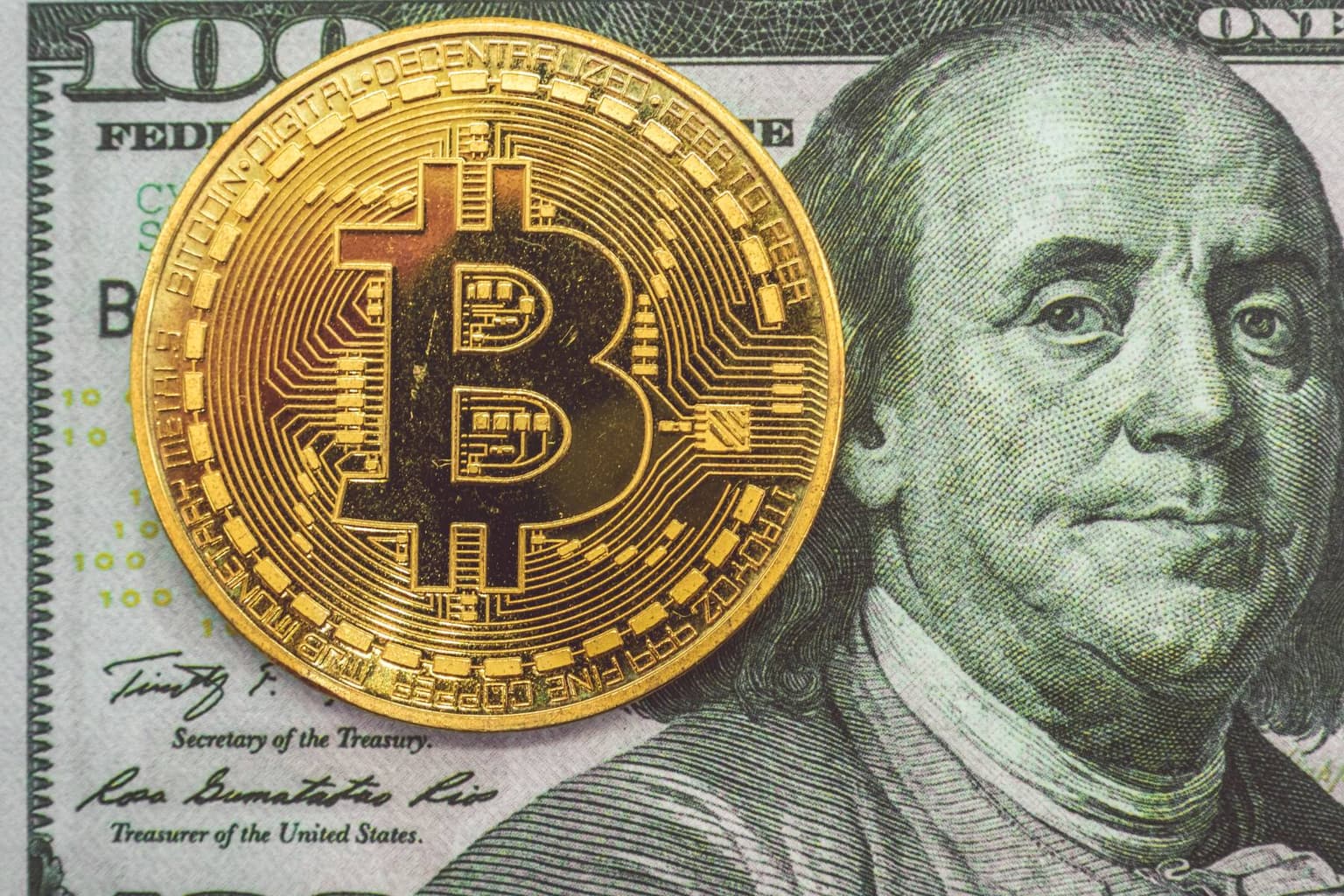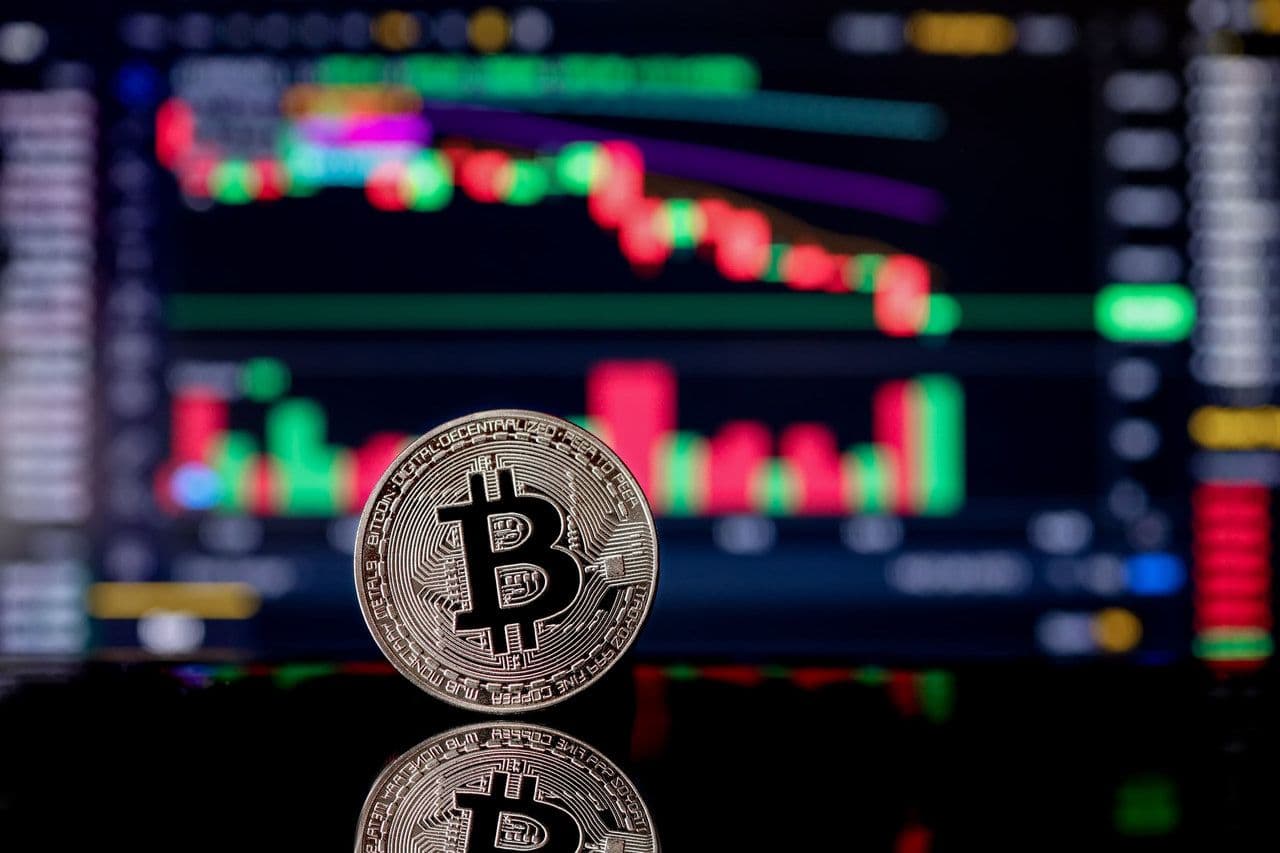TOP 5 RWA Tokens TO BUY After the Bitcoin ETF APPROVAL
This article is all about the Top 5 RWA tokens to buy after the recent Bitcoin ETF approval. Let's take a look at this in more detail.

Real-world assets (RWAs) are tangible or intangible items that hold value in the physical world, like gold, fine art, or real estate. In 2024, these assets have transcended their traditional boundaries and gained a unique on-chain representation, thanks to the advancement of blockchain technology. This gives rise to an innovative concept known as the real-world asset token. This article is all about the Top 5 RWA tokens to buy after the recent Bitcoin ETF approval. Let’s take a look at this in more detail.
The recent Bitcoin ETF approval could really shake things up for Real World Asset (RWA) tokens. Basically, it might cause a big surge in the crypto world, with more big companies getting into the game and the prices of RWA tokens going up.
The RWA tokens represent real things like real estate and have become quite popular. So, the ETF approval is not just good news for Bitcoin; it could also change how people see and use Bitcoin in the financial world. This change might attract more attention and investment in crypto, benefiting RWA tokens as well. It’s like opening the door for the really big players, the huge institutional investors, to join the crypto market, creating a big opportunity for different crypto assets, including the top 5 RWA tokens mentioned in the article.
The top 5 RWA tokens are as follows:
1. Clearpool (CPOOL)
Clearpool functions as a decentralized capital markets ecosystem where institutional borrowers can create customized single-borrower liquidity pools. Moreover, Clearpool provides a secure bridge for transferring its native currency, CPOOL, between the Ethereum and Polygon networks. Additionally, it offers staking services for CPOOL.
Liquidity providers using Clearpool have the opportunity to earn attractive yields. The interest rates in the pools are boosted by extra rewards in CPOOL, which is Clearpool’s utility and governance token.
Clearpool LP tokens, known as cpTokens, form the foundation for a system of tokenized credit. This system empowers Clearpool liquidity providers with risk management and hedging capabilities.
As decentralized finance gains recognition among institutions, Clearpool aims to serve as the bridge between the traditional capital markets, valued at $120 trillion, and the growing DeFi ecosystem.
The CPOOL Token is the utility and governance token for the Clearpool protocol. CPOOL holders have the authority to vote on adding new borrowers, a process that allows participants to earn more CPOOL through incentives. Borrowers are required to stake CPOOL for proposing whitelisting. Liquidity providers receive extra CPOOL rewards, boosting pool interest rates. Clearpool will also introduce a buyback program, using a portion of protocol revenue to buy CPOOL from the open market, ensuring the ongoing sustainability of reward pools.
2. Maple (MPL)
Maple is a widely used corporate credit market that operates on the Solana and Ethereum blockchains. It enables users to lend a variety of tokens found on these blockchain networks. Maple Finance focuses on connecting decentralized finance (DeFi) with traditional finance, aiming to address the gaps for investors and fund managers. While it is possible to earn interest by lending assets to institutional traders, many regular users are excluded from traditional platforms due to their high capital requirements.
Maple provides borrowers with clear and efficient on-chain financing. For liquidity providers, Maple offers a sustainable source of yield by lending to diversified pools managed by crypto’s premium institutions. These pools are overseen by Pool Delegates who assess and establish terms with borrowers.
The Maple Token (MPL) governs the protocol, allowing token holders to engage in governance, share in fee revenues, and provide insurance to Liquidity Pools.
Users can tap into fixed-income yield opportunities on Maple by depositing capital into Liquidity Pools managed by experienced investors, known as Pool Delegates.
Institutional Borrowers seeking transparent and efficient on-chain financing can request capital on Maple. They can leverage their reputations to borrow under-collateralized without constant concerns about liquidation and margin calls.
Pool Delegates conduct due diligence and agree on terms with Borrowers before funding loans from their designated Liquidity Pool. Liquidity Providers earn a sustainable yield through diversified exposure to premium institutions in the crypto space, benefiting from a set-and-forget solution as Pool Delegates handle the diligence process. MPL is one of the top 5 RWA tokens.
3. Chintai (CHEX)
Chintai, a crypto company with over three years of experience in blockchain-based tokenization of real-world assets (RWAs), utilizes a private blockchain. Their approach involves bringing tokenized RWAs to popular public blockchains like Ethereum, Solana, Avalanche, etc., using network bridges. One of Chintai’s key objectives is to follow a regulated and sustainable path, aiming to attract institutional capital. The company holds two licenses in Singapore, allowing it to operate a regulated digital asset marketplace. Chintai plans to launch the marketplace in the coming weeks.
Chintai’s tokenization efforts cover a broad spectrum of RWAs, ranging from real estate to CO₂ certificates. The company is headquartered in Singapore, with an additional office in Frankfurt, Germany.
4. Pendle (PENDLE)
Pendle is a rising tokenized yield protocol designed to unlock the future yield of assets for investors. What sets it apart is its innovative Automated Market Maker (AMM) mechanism and various other yield components. Built as a permissionless yield trading system on Ethereum technology, Pendle aims to capitalize on established sectors by leveraging Real-World Assets (RWA).
To generate yield for the RWA product, Pendle utilizes MakerDAO’s Boosted Dai Savings (sDAI) and Flux Finance’s fUSDC stablecoin, tapping into traditional finance sectors.
The tokenization of RWAs involves creating a digital investment platform linked to physical assets such as land, precious metals, art, and collectibles. This approach provides decentralized finance (DeFi) with access to traditional financial instruments like US Treasury bonds on the blockchain. Furthermore, it opens up opportunities for using tokenized assets in decentralized applications (dApps).
5. Centrifuge (CFG)
Centrifuge operates as a decentralized asset financing protocol, connecting decentralized finance (DeFi) with real-world assets (RWA) to reduce the cost of capital for small and mid-size enterprises (SMEs) and offer investors a stable income source. The primary aim is to generate profits independent of volatile crypto assets, with developers working on shifting real monetary value from fiat to cryptocurrencies.
Companies leverage Centrifuge to tap into DeFi liquidity by tokenizing real assets, using these tokens as collateral to access financing through Tinlake, a decentralized application (DApp) lending protocol. The Centrifuge blockchain, built on Polkadot (DOT) for speed and low fees, employs the financial DApp Tinlake to access Ethereum (ETH) liquidity.
Centrifuge democratizes liquidity access, providing income and rewards to investors in the form of CFG tokens. It bridges assets like invoices, real estate, and royalties with decentralized finance (DeFi). Borrowers benefit by financing their real assets without relying on banks or other intermediaries.
Buy Cryptocurrency with Bitget with the CHEAPEST Fees
Bitget stands out as a reliable crypto exchange. It provides a user-friendly interface, making it easy for both beginners and experienced traders to navigate and make transactions at the lowest fees on the market. To get started with Bitget, you need to create an account, complete the necessary KYC procedures, and then you can begin trading a variety of altcoins available on the platform.



























